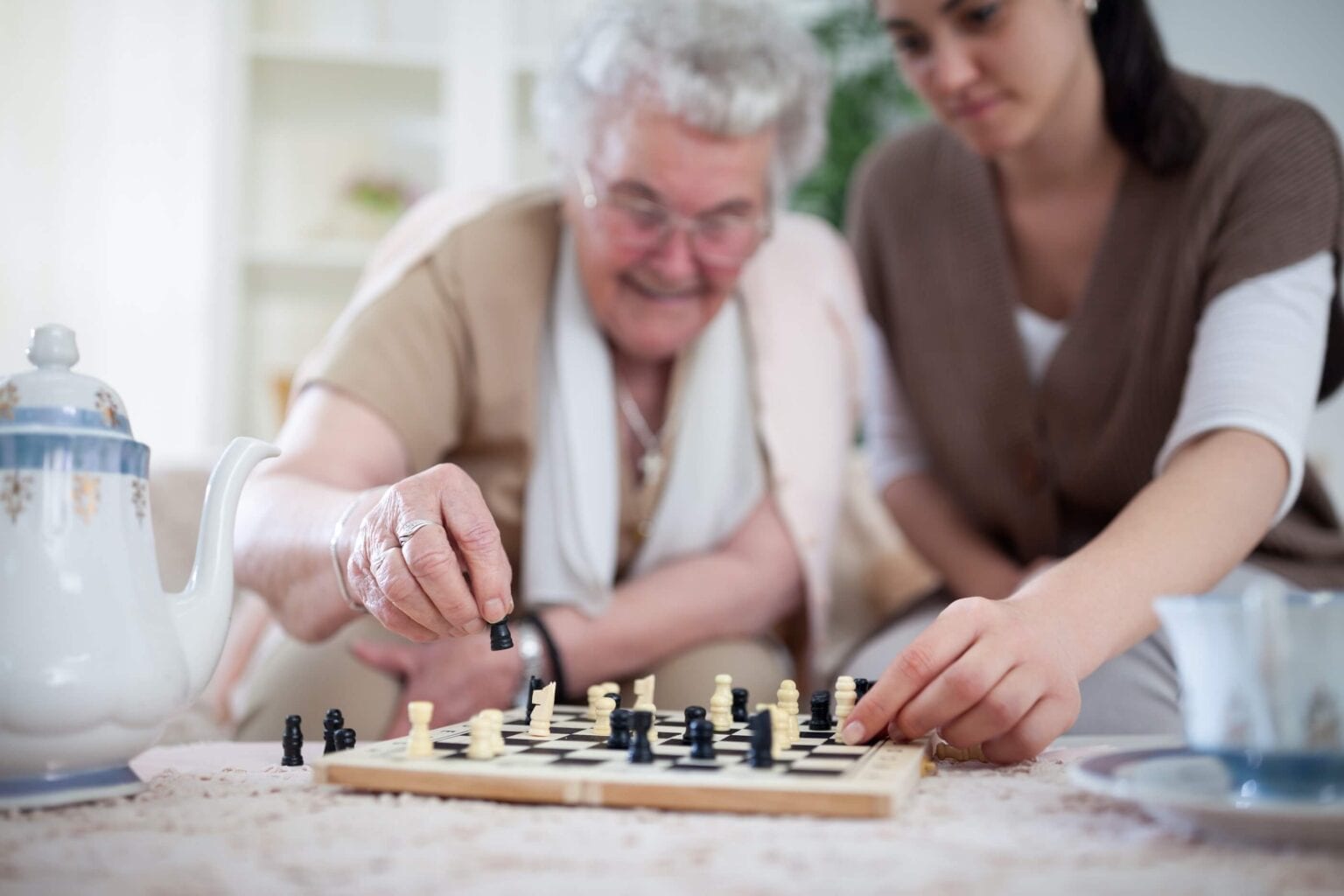As we get older, we all face certain setbacks which means it is more challenging to be as independent as we’d like to be. Ageing affects us all in different ways, but certain health problems or social issues, such as no longer being able to drive, can have a huge impact on daily life. When entering the golden years it’s important to stay as healthy and happy as possible, but losing independence can have a negative effect on mental health.
There are various stages of losing independence in the ageing process, and the timeline will differ depending on the health conditions someone has to deal with, and how well they adapt to change. For example, an older person may experience the following in the first stages:
- No longer able to walk long distances or be standing all day
- Mobility problems
- No longer able to drive
- Less energy – needing to rest after short trips out or tasks they used to do a lot
- Hearing or vision problems
For some people, these slight changes in day to day life can cause frustration or anger. Independence can be further impacted if the elderly person also experiences:
- Memory problems
- Physical conditions such as arthritis, Parkinson’s etc.
- Continence issues
- Sight or hearing loss
Ways to maintain independence
If an older loved one lives alone, it is more likely they will need extra support as they age. They will probably try to be independent for as long as possible, but at some stage, support with daily activities such as cooking, cleaning, shopping and washing may become a real possibility. It’s at this point that you must decide, as a family, the way forward. Is someone prepared to be on call for the older person when they need help, will the family be able to provide 24/7 care if needed?
If relatives don’t have the time to support them, then it’s time to start looking at professional care. Many people can’t commit to caring for relatives because they have a career and/or young family to look after – even daily short visits can be tiring if you don’t live close by. However, you can help the older person maintain independence for longer by looking at professional home care. A carer can help with simple jobs such as running errands, buying groceries and domestic care, as well as personal care and medication.
Take a look at our home care services for more information.
Schedule a free assessment
Get in touch to speak with our care team about your ideal care plan.



